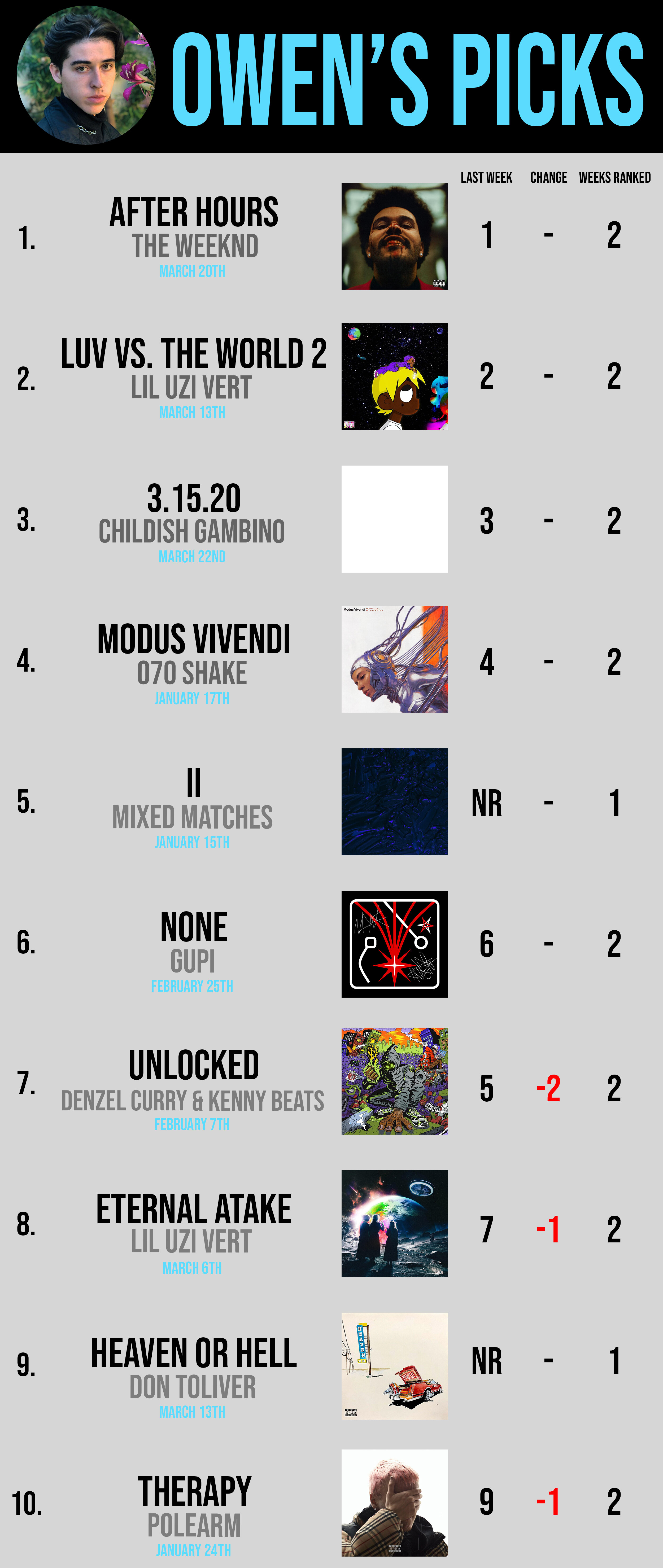A Written Testimony: A One Year Retrospective
By Carter Fife
Last year Stereovision published a piece titled “Jay Electronica: Man or Myth?”, in which I delved into the creation and meaning behind one of the most celebrated hip-hop releases of 2020 - A Written Testimony. The article served to contextualize everything from the record’s samples and composition, to the cryptic backstory surrounding its release. Both the article and the album it covered would go on to be nominated for national awards, and almost a year later A Written Testimony continues to find its way to new audiences and earn new accolades.
When December came around and writers were tasked to provide their top records of the year, I easily wrote in A Written Testimony as my number one choice - though 9 months had passed since its release. Having listened to over 200 records alone that year, I couldn’t help but wonder: what is it about this record that continues to resonate after all this time? Why did this album stay in rotation while many other commercial releases gradually waned in relevance? The answer was not as simple as I initially thought, but given that it has been over a year since fans were treated to Jay Electronica’s debut studio record, it may be time to look back.
Among the many subjects of Jay Electronica’s A Written Testimony, none stand out more than religion - a theme that touches everything from his writing to the number of days he spent working on the record. Though I remember critics deeming Jay Electronica’s use of religion and prophetic tone as ‘eye-rolling,’ I found this judgment to be a strange exhibition of gatekeeping something that literally nobody can be an expert on. Jay Electronica’s self-perceived relationship with God is something that cannot be invalidated even by the most uptight of skeptics, and because Jay Electronica realizes that, A Written Testimony becomes authentic, unique, and unlike any other release fans saw that year.
The narrative of A Written Testimony is structured almost like a murder mystery film - we see Jay Electronica and Jay-Z celebrating their present blessings before any sort of reflection takes place. While Jay-Z’s approach to writing sees him delivering both a proud look back on his success and a pointed critique at the forces that tried to hold him back, Jay Electronica’s methodology takes a left-turn. On tracks like “The Neverending Story”, he reveals that religion is one of the main factors that he attributes to his status and skill. While dwelling on his humble beginnings of faith and “squalor”, Jay Electronica writes:
“Though I tarry through the valley of death, my Lord give me pasture.
If you want to be a master in life, you must submit to a master.
I was born to lock horns with the Devil at the brink of the hereafter -
Me, the socket, the plug, and universal adapter.”
Whether or not you subscribe to the concept of organized religion, there is something to be said about Jay Electronica’s steadfast beliefs in God. A registered member of the nation of Islam, Jay Electronica has devoted his life to his religious beliefs and stands here today as one of hip-hop’s most celebrated figures. This background gives Jay Electronica’s music a refreshing dose of originality, for he is a character who few other cultural figures could even hope to emulate. Though it is not uncommon for artists to allow their religious beliefs to bleed into their music, Jay Electronica’s unique relationship with God manifests into A Written Testimony in an entirely new way. His goal is not to convert listeners or thank the creator for the money and fame - his only goal is to spread the wisdom that he has gained through his devotion to religion.
Though religion is the guiding theme that shepherds everything else on A Written Testimony, what makes the album truly unique is how Jay Electronica presents the listener with wisdom not as a voice of sage authority, but as one who has made mistakes in the past. Embedded within A Written Testimony is a vulnerability that transcends the music it’s written into - as if Jay Electronica is revealing his innermost thoughts to both his peers, his audience, and even his god himself. With lyrics like “My mathematical theology of rhyming will touch the soul / I spent many nights bent off Woodford, clutching the bowl, stuffing my nose / Some of the cons I suffered for prose”, it should be no surprise that Jay Electronica portrays his art as a form of cathartic therapy on “Shiny Suit Theory”. Religion is the force that saved Jay Electronica in a past life, and wisdom was his parting favor.
I still find myself returning to A Written Testimony a year later, because I find that the album is full of moments that simply bear repeating. Jay Electronica’s ruminations on his self-doubt and anxiety on “The Blinding” helped humanize himself from a near mythological figure into a real human being. His meditations on death and rememory on “A.P.I.D.T.A” is an incredibly touching moment that continually makes me realize that I am not alone in my suffering - with respect to both those lost during the pandemic and those close to me that have passed since leaving high school.
A year later, A Written Testimony is still just as refreshing as it was back in the early days of the pandemic. The record is still bursting at the seams with intentional and cleverly written tracks that are sure to strike a chord with any listener. If you didn’t get a chance to listen during the chaos of 2020, do yourself a favor and check it out now. With overarching themes that branch into the political, ethical, social, economic, and religious realms, this will be a record that we will likely continue to talk about for years to come.
Listen to A Written Testimony here:
Thanks for rocking with the vision! Make sure to follow us on Instagram to stay up to date on the hottest new music:












































































































































